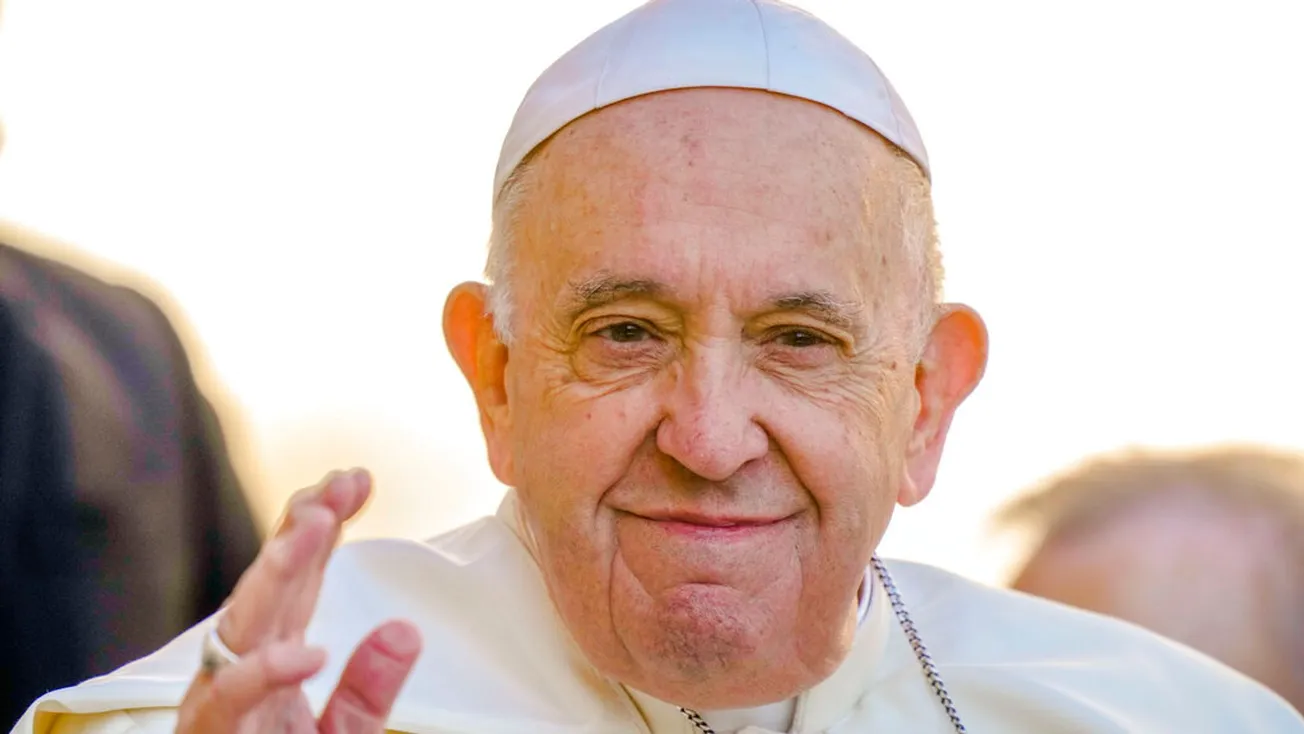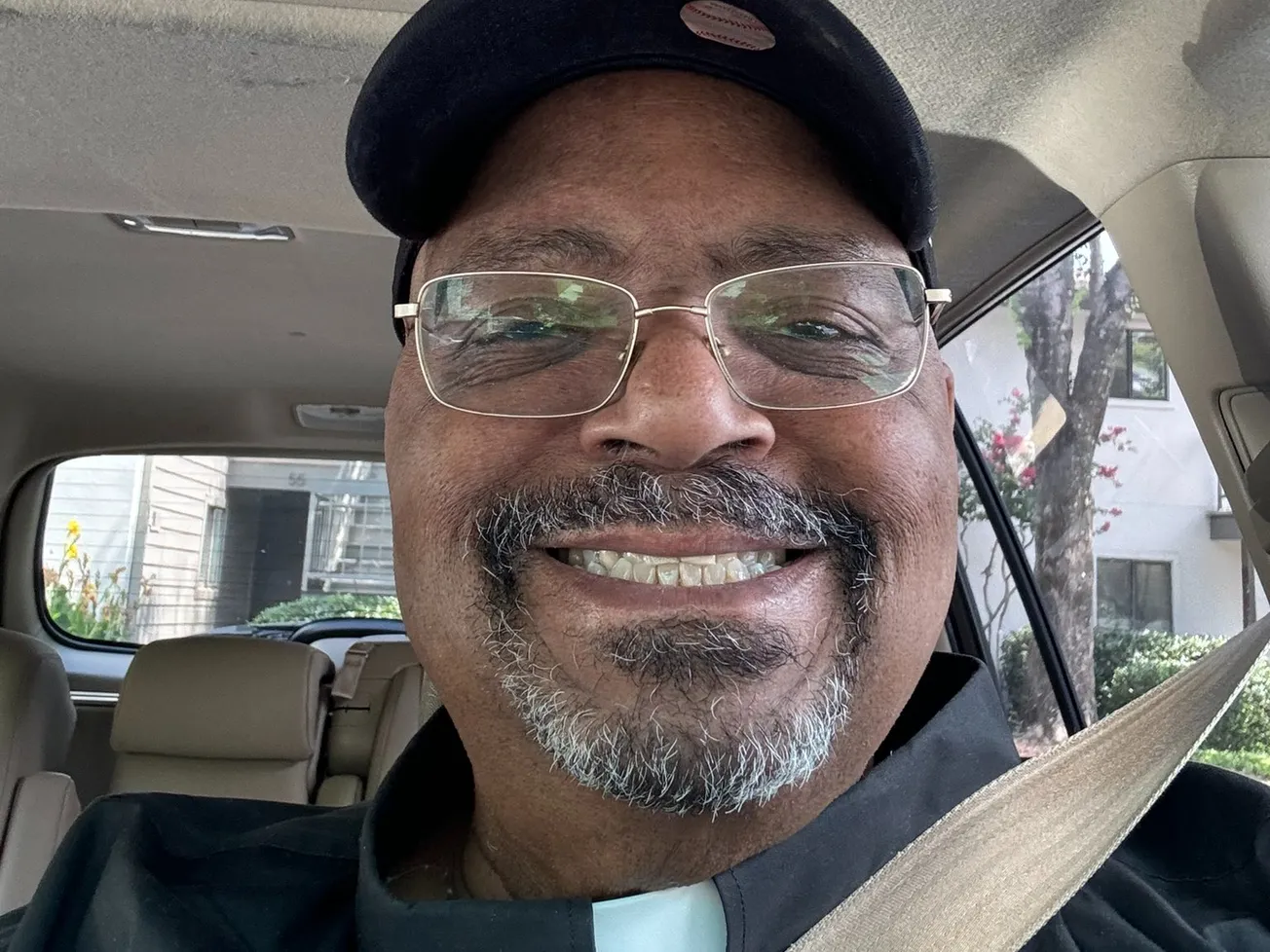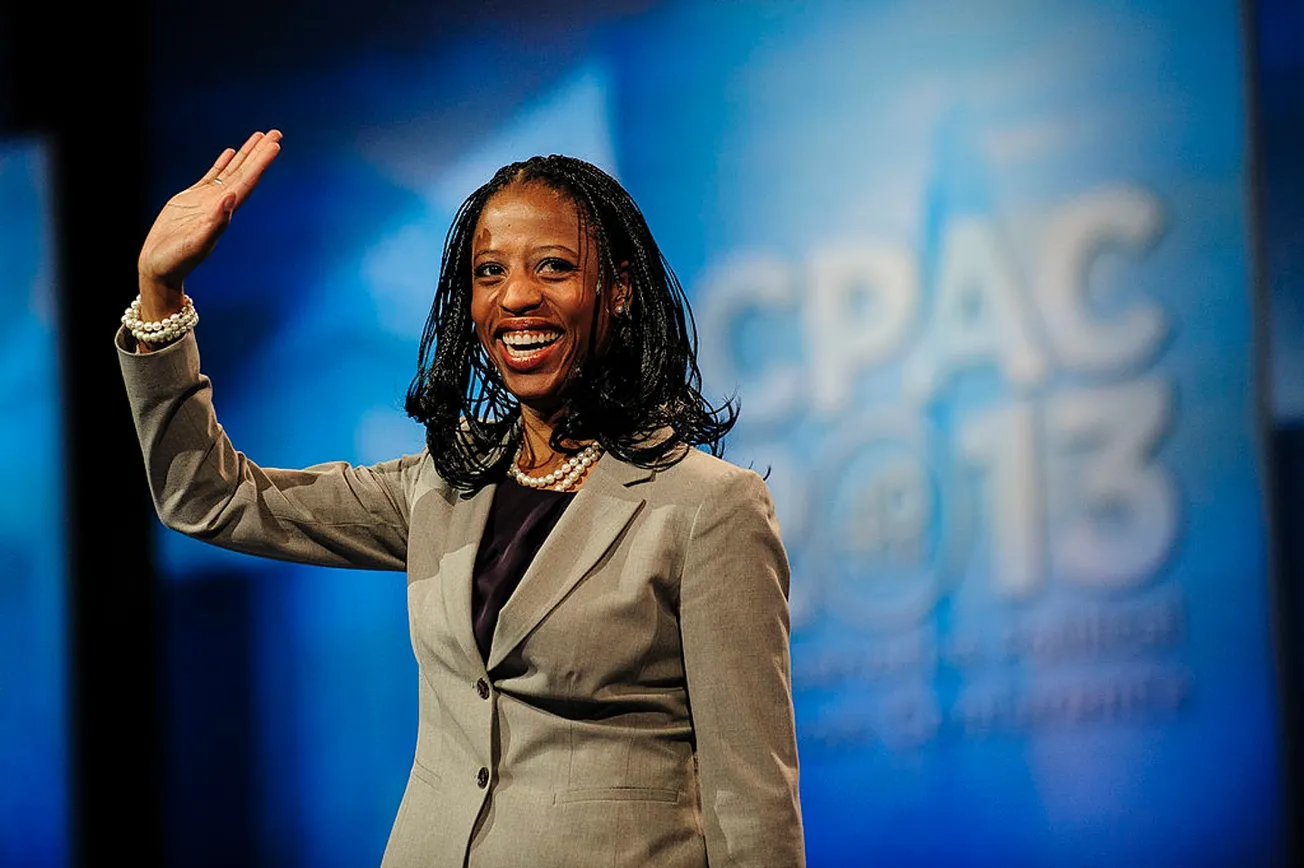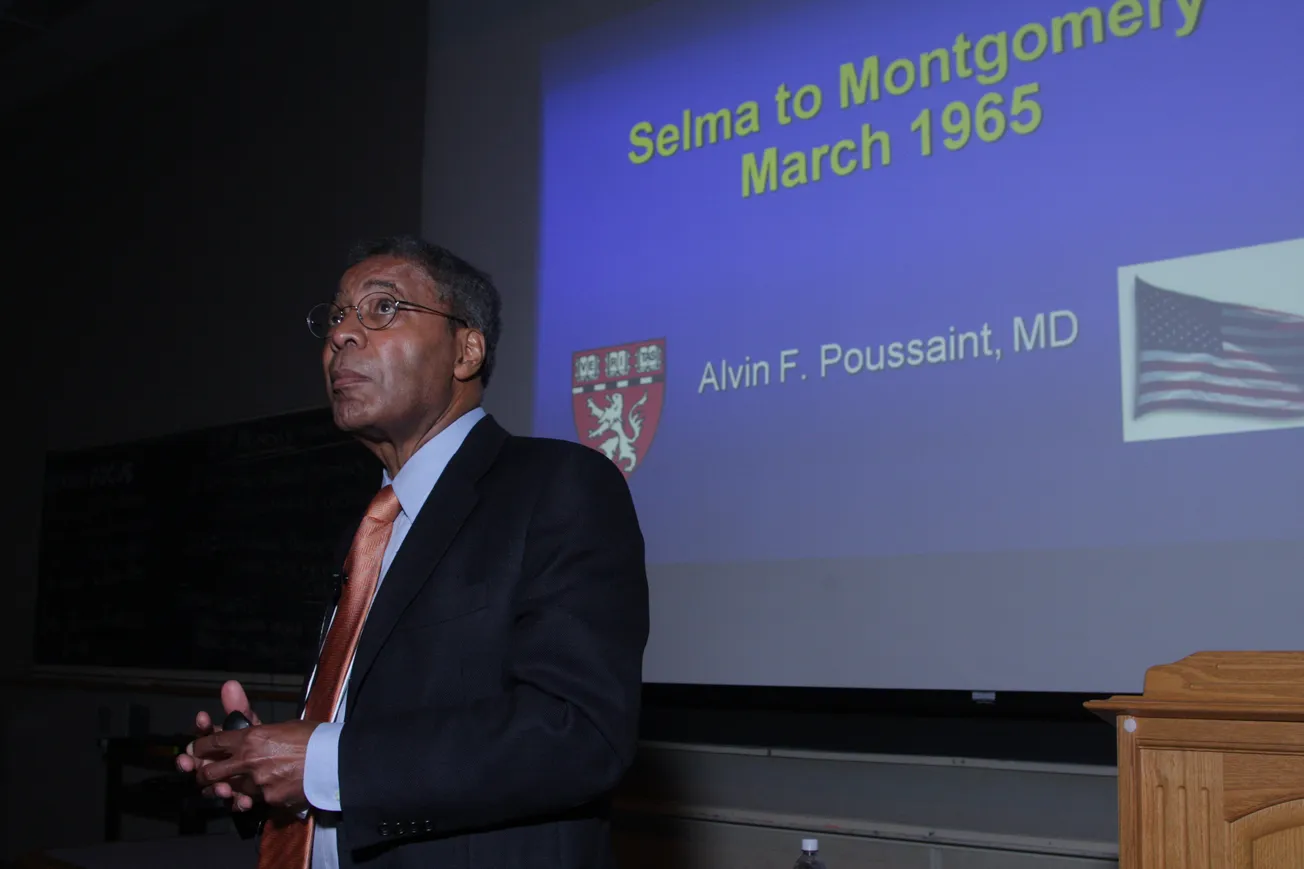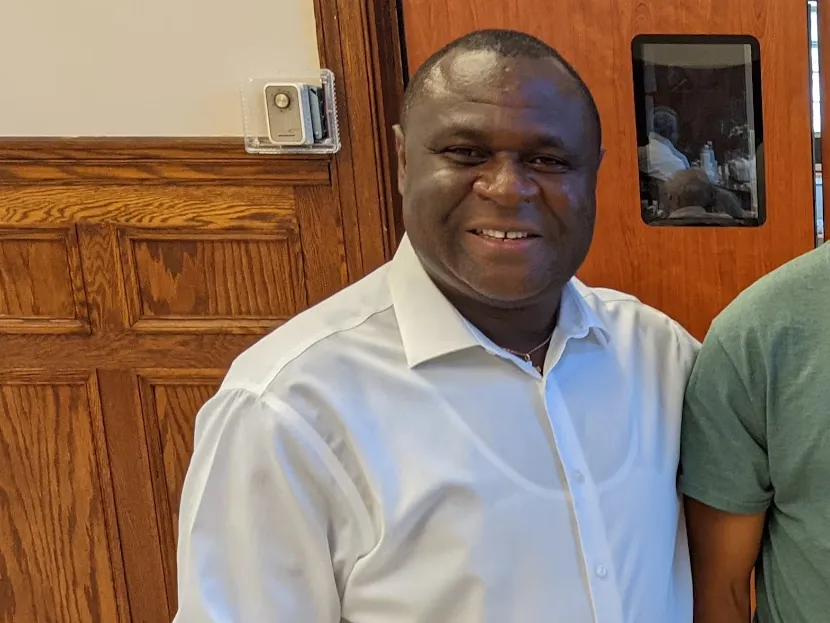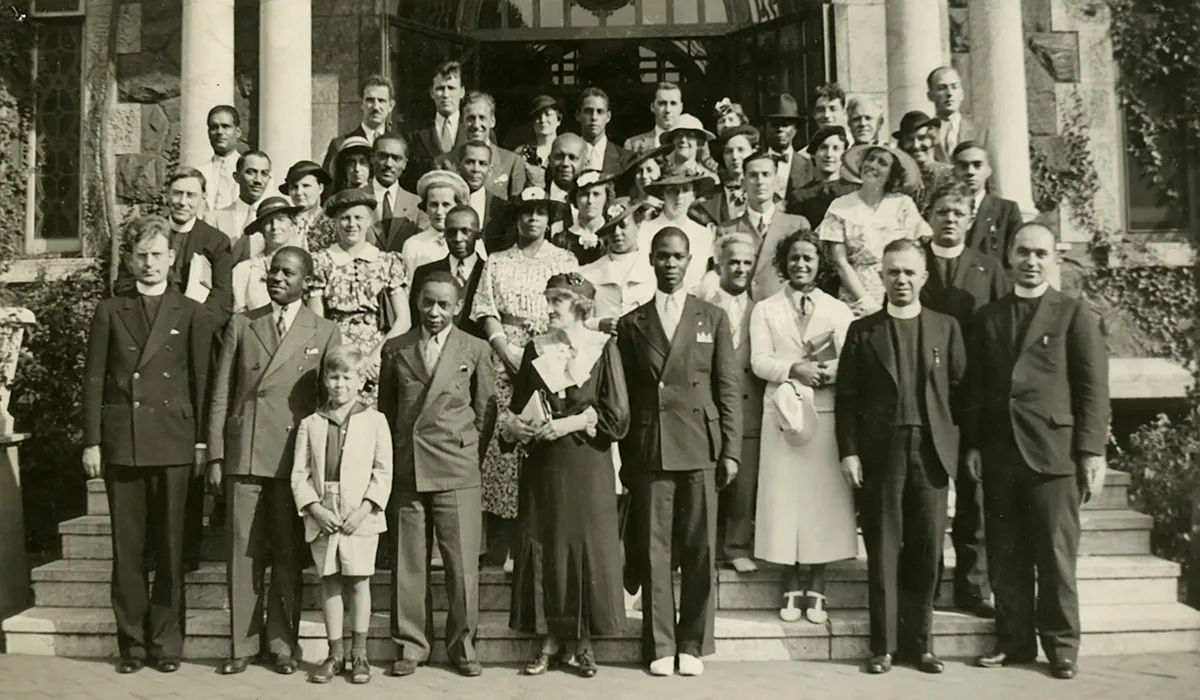Pope Francis, the first Latin American pontiff and a forceful advocate for the marginalized, died Easter Monday in Vatican City following complications of an early morning stroke. The sudden ailment came during his convalescence from an extended hospital stay with a bout of double pneumonia. He was 88 years old.
A preeminent world figure by virtue of his office, Francis also made waves internationally as an eminently unique envoy of peace and understanding throughout the world, as well as for his shunning of the traditional presentation and rhetoric of high Rome. As such, his 12-year pontificate was seen by many as monumentally transformative for the perception of Catholicism globally.
In a spiritual testament released by the Holy See after his death, the Holy Father wrote with characteristic simplicity of his final wishes, including a burial at the Basilica of St. Mary Major in Rome.
“Throughout my life, and during my ministry as a priest and bishop, I have always entrusted myself to the Mother of Our Lord, the Blessed Virgin Mary,” he wrote in the document, dated to June 2022.
“I wish my final earthly journey to end precisely in this ancient Marian sanctuary, where I would always stop to pray at the beginning and end of every Apostolic Journey, confidently entrusting my intentions to the Immaculate Mother, and giving thanks for her gentle and maternal care.”
Pope Francis' spiritual testament, dated 29 June 2022, has been published, giving indications for his burial in the Basilica of Saint Mary Major.https://t.co/8KH3Yi2cF1
— Vatican News (@VaticanNews) April 21, 2025
Born Jorge Mario Bergoglio in 1936 to Italian-descent parents in Argentina, he was a Catholic from his youth. He studied as a diocesan seminarian in his late teens and early twenties, after a time as a chemical engineering student. He joined the Society of Jesus in 1958, professing first vows two years later. Ordained to the priesthood in 1969, he taught theology for several years and quickly entered religious administration.
He became provincial superior of the Argentinian Jesuits in 1973, just before the outbreak of the country’s Dirty War, spearheaded by the military junta that ruled for the better part of the next decade. His actions during the regime sparked criticism, though the specifics are unclear. It is known, however, that his Jesuit superiors requested that he distance himself from the order following his appointment as an auxiliary bishop of Buenos Aires in 1992.
When he became archbishop of the same see in 1998, he experienced a notable shift in perception, having been formerly seen as a conservative on key issues during his early priesthood. As a metropolitan, his efforts to extend the Church’s ministry to the poor in Argentina’s capital region received international attention, gaining him the moniker “Bishop of the Slums.” He was named a cardinal in 2001, and was reportedly a main candidate in the papal conclave held four years later.
After reaching the mandatory episcopal retirement age in 2011, Bergoglio remained in office in Buenos Aires while also serving in several Vatican posts. Over the years, his ministry there included congregation assignments for liturgy, clergy, consecrated life, marriage and family, and Latin America.
Despite his ecclesial stature, he was known for shunning the ostentatious lifestyle often associated with the higher clerics of the faith. His display of simple living included minimalist lodging and the use of public transportation even as a reigning archbishop.
Following the resignation of Pope Benedict XVI in 2013, he was again papabile, this time being elected on the fifth ballot. He immediately signaled a change of pace for the office, donning simple vestments and choosing the papal name Francis, an apparent indication of his continued solidarity with the poor.
Within months, he had published his first encyclical, followed by a stream of documents throughout his pontificate covering a wide range of topics close to the modern heart. Among the most impactful were “Laudato Si” in 2015 on the environment, “Amoris Laetitia” the next year on family life, and “Fratelli Tutti” in 2020 on human fraternity.
The latter document, published during the COVID-19 pandemic, was part of a string of public overtures from Francis during a time of global upheaval and protest, in which he gave support to often unexpected parties. His famed Ubi et Orbi blessing, pronounced in March 2020 amid international lockdowns, remains among his most remembered moments.
Francis’ landmark Synod on Synodality also paved new roads for Catholic governance. It stretched across three years and reshaped the regular assembly of Catholic bishops into an egalitarian gathering of lay and clerical advocates discussing major issues facing the Church. Its outworking, a final document published in October 2024, has been called a magnum opus of ecclesial dialogue and a step forward for women’s inclusion—one of his papacy’s major points of emphasis.
Assailed by conservative critics throughout his reign and even within the Vatican, Francis has been the subject of filial corrections, media subterfuge (often from American channels), and even outright personal attacks related to his outreach on various issues. His restrictions on the Latin Mass, beginning in 2021, were received particularly poorly by Traditionalists, as was a directive in 2023 allowing priests to give simple blessings to same-sex couples and others in “irregular” relationships.
Himself descended from immigrants, Francis was a constant voice for migrants and refugees, opening Vatican City to those fleeing violence, instability, and poverty. He also spoke out against governments that operated more callously—including, even in his final months, leaders in the United States.
Left with impaired lung function from a medical crisis in his younger years, the papacy of Francis was beset with various medical issues, enhanced by his relatively advanced age—76—at the time of his election.
He was hospitalized in March 2023 with a respiratory infection, and underwent multiple surgeries for abdominal ailments during his pontificate. His mobility was also impaired in his later years, often causing him to use a cane or wheelchair during public appearances. Despite this, he steadfastly dispelled rumors that he would resign like his predecessor.
Francis was hospitalized for five weeks in early 2025, with a case of bronchitis developing into another respiratory infection and double pneumonia. His condition was at various points deemed critical, necessitating use of a ventilator and sparking fears that his death was imminent. He was ultimately released to home care on March 23, with doctors giving a guarded prognosis of recovery.
In his final days, the pope made several surprise appearances in and around Vatican City, including a visit to St. Peter’s Basilica without even his simple papal vestments—perhaps a first for a sitting Roman pontiff. It would be one of his last public appearances before his death on April 21.
Pope Francis died on Easter Monday, April 21, 2025, at the age of 88 at his residence in the Vatican's Casa Santa Marta. pic.twitter.com/jUIkbplVi2
— Vatican News (@VaticanNews) April 21, 2025
One of Francis’ cardinal appointees in the United States, Archbishop Emeritus Wilton Gregory of Washington—the first-ever African-American cardinal—called his reign a “legacy that will endure.”
“He presented the compassionate face of a pastor as he exercised the Petrine Office. People felt close to him and therefore closer to our Church. May the Lord reward him for his ministry as Shepherd in the likeness of Jesus.”
Auxiliary Bishop Roy E. Campbell Jr. of Washington, president of the National Black Catholic Congress, also spoke out following Francis’ death.
“He truly served the Church as the Vicar of Christ, reaching out to all peoples in all circumstances with love, compassion and mercy,” he said in a statement.
“Let us all pray for the repose of Pope Francis's soul and for the Church that he so dearly loved and served so well.”
Dr. Ansel Augustine, the African-American liaison for the U.S. Conference of Catholic Bishops, wrote of learning from the Holy Father that we must “live out loud” and “love louder,” remaining true to ourselves and looking out for those on the margins.
“I'm very saddened by the loss of Pope Francis, but I'm glad he led the Catholic Church, and witnessed to the world the way he did.”
Actress Whoopi Goldberg, who met the pontiff at the Vatican in June 2024 with a group of comedians, called Francis’ papacy a refreshing turn to openness and acceptance in the office of the world’s pastor.
“He was the closest in a long time that seemed to remember that Christ’s love enveloped believer and [non]believer,” she said on social media. “Sail on Pope Francis with your love of humanity and laughter.”
Whoopi Goldberg pays tribute to Pope Francis following his death “He was the closest in a long time that seemed to remember that Christ's love enveloped believer and none believer. He felt more like Pope John the 23rd who made belief real. Sail on Pope Frances with your love of humanity & Laughter”
— Pop Crave (@popcrave.com) 2025-04-21T09:23:27.692Z
Francis will be laid to rest with simpler rituals than popes past, in accordance with changes he approved for the official Vatican rubrics just last fall.
His funeral arrangements were announced Tuesday morning, following a meeting of cardinals to plan the ceremonies. A rite of translation will take place Wednesday, April 23, at 9am Rome time, with the late pope's body being transferred in a public procession from its current resting place, Casa Santa Marta in Vatican City, to St. Peter's Basilica for public viewing.
A requiem Mass will be celebrated in St. Peter's Square at 10am on Saturday, April 26, by Cardinal Giovanni Battista Re, dean of the College of Cardinals. Concelebrants will include various prelates and priests from around the world.
The papal conclave will follow to elect Francis' successor, expected to begin the week of Sunday, May 4, and no later than the week of May 11. There is no timetable for how long the gathering could last. The cardinal electors, members of the college who were younger than 80 on the day of Francis' death, will be sequestered in the Apostolic Palace until a new pope is elected.
Nate Tinner-Williams is co-founder and editor of Black Catholic Messenger.


